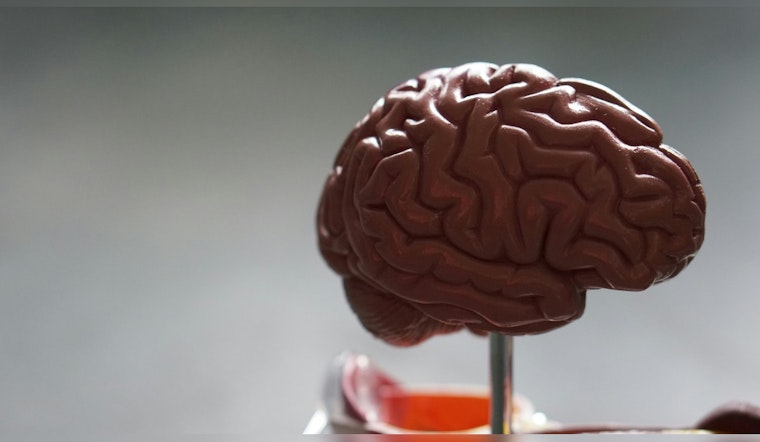
In a groundbreaking study at the University of Texas at Austin, researchers are tapping into artificial intelligence and advanced neuroimaging to detect early signs of bipolar disorder in kids with a family history of mental illness. Dell Medical School's team is taking proactive steps to understand and potentially reroute the future mental health of these high-risk individuals.
Bipolar disorder affects nearly 3% of U.S. adults and racks up a significant tally in disability across the globe. For those with affected relatives, the risk of the disorder taking hold is notably more elevated. Dr. Jorge Almeida, who helms Mulva Clinic's Bipolar Disorder Center at Dell Med, and his colleagues are striving to illuminate the inner workings of the at-risk brains they study. "We are trying to understand how the brain’s different regions connect to each other, and what’s fueling the brain’s reward system," Almeida told Dell Med in a statement.
It's not just a snapshot these researchers are after; the team, including Charles Nemeroff from Dell Med's Institute for Early Life Adversity Research, as well as Stephen Strakowski and Melissa DelBello from Indiana University and the University of Cincinnati, respectively, seek to chronicle the brain's evolution, as these children march towards potential manic episodes. They are using functional magnetic resonance imaging (fMRI) scans to trace brain changes over the years in participants between the ages of 14 and 21. Should any participant exhibit symptoms such as depression, suicidality, or mania, additional scans are administered to add depth to the doctors' understanding of the developing disorder.
The AI-driven study isn't solely rooted in imaging; mood assessments and certain tasks designed to test the brain's reward system are also integral. They hope to create precise profiles of brain maturation for those who might one day grapple with bipolar disorder. "The brain has too much energy being delivered by its reward system in bipolar disorder, which affects the brain’s ability to regulate the amount of energy driving it to act. That’s what causes the symptoms of mania in bipolar disorder," says Almeida. The work, now in its third year and funded by a National Institute of Mental Health grant, aims to stem the tide of this disorder before it fully manifests.
This delicate interplay of technology and medicine has sown seeds of optimism in the research community. Almeida expressed poignant hope in an interview with Dell Med: "This study evokes hope for me. Hope that we finally have the tools to help this condition and possibly prevent it from ever happening." The collaboration with the University of Cincinnati marks a significant leap towards preemptive mental health care, potentially altering the trajectory of at-risk youth across the nation.








